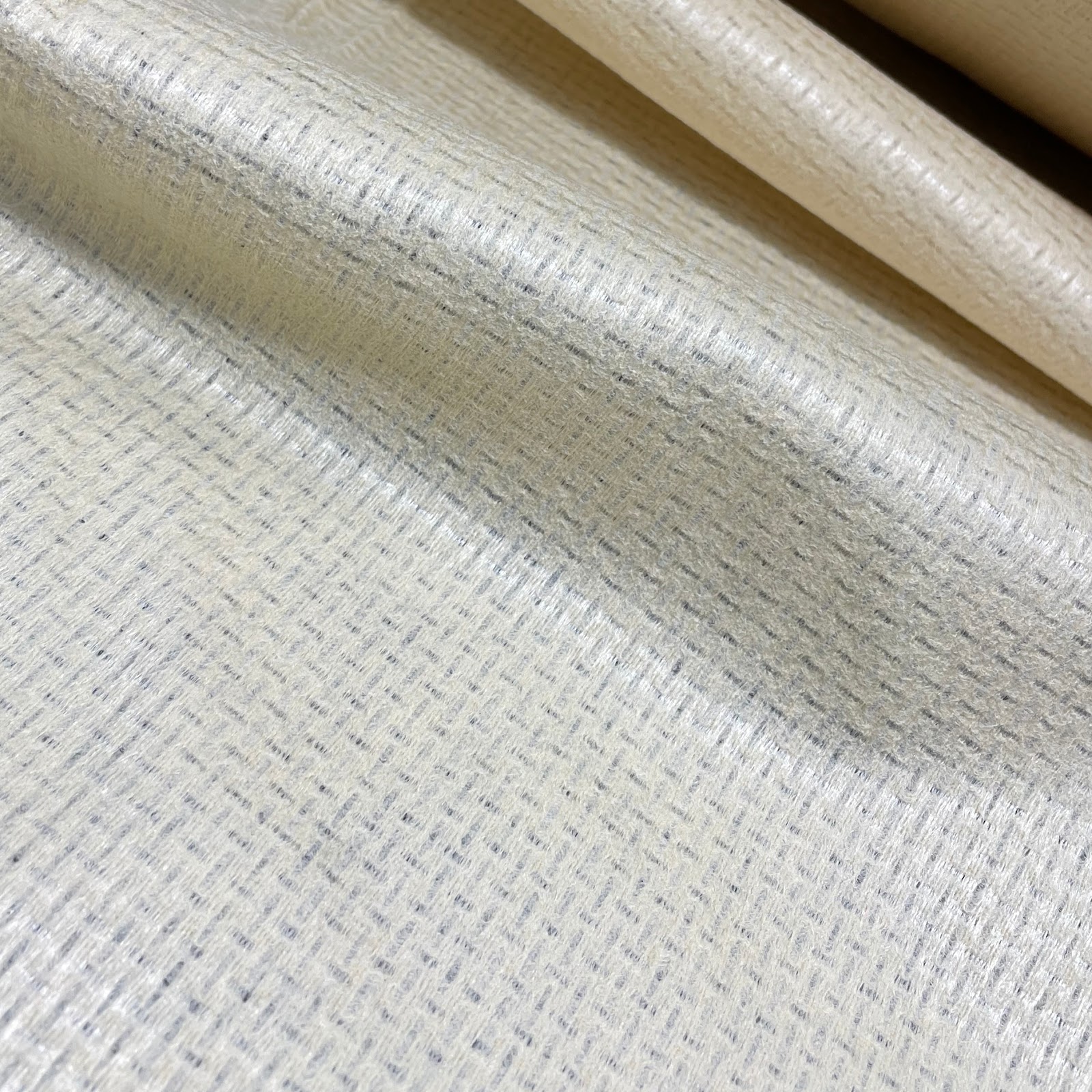Reusable Cleaning Wipes vs. Plastic: The Survival Guide for Suppliers and Eco-Warriors
Reusable Cleaning Wipes vs. Plastic: The Survival Guide for Suppliers and Eco-Warriors
Plastic Wipes Are a Ticking Time Bomb. Here’s the Proof.
Plastic wipes are a trap. They cost $0.10 per sheet and threaten your reputation. A 2023 UN report found that plastic-based cleaning wipes account for 12% of global microfiber pollution. By 2025, the EU will ban all single-use plastic wipes, with fines starting at €250,000 per violation. Your competitors are already switching to reusable cleaning wipes made with Biodegradable Bamboo Spunlace. If you don’t, you’ll pay—literally.
But wait—there’s more. Plastic wipes shed microfibers during washing, which end up in fish and humans. A study by the University of Newcastle found plastic in 90% of tap water samples. Lawsuits against suppliers using plastic are rising 30% yearly. Reusable cleaning wipes made from bamboo don’t just clean; they protect your business.
Biodegradable Bamboo Spunlace: The Science of Cleaning Smarter
Biodegradable Bamboo Spunlace isn’t “greenwashing.” It’s physics. Bamboo fibers are hollow and naturally antibacterial, absorbing 3x more grease than plastic. Here’s why:
1. Hollow Fiber Design: Bamboo’s empty core traps grease like a sponge.
1. Test Result: 12 mL/g oil absorption (ASTM D5729-16) vs. plastic’s 4 mL/g.
2. Tight Weave Technology: Spunlace interlocks fibers without glue.
1. Result: Wipes survive 100+ industrial washes without fraying.
3. Zero Microplastics: Bamboo decomposes fully in 90 days.
1. Proof: TÜV OK Compost certification shows 98% biodegradation in soil.
Plastic wipes sit in landfills for 500 years, while Biodegradable Bamboo Spunlace becomes fertilizer in 12 weeks. Bury it. Grow a tree. Repeat.
The Math That Will Force You to Switch
Plastic is a money pit. Let’s break it down:
Cost Factor | Plastic Wipes | Bamboo Spunlace Wipes |
Cost Per Use | $0.17 | $0.02 |
Annual Waste Cost | $5,000 (landfill fees) | $0 (compostable) |
Regulatory Fines Risk | High (EU/US bans) | Zero (certified) |
Customer Retention | 58% (declining) | 92% (eco-conscious brands) |
Real-World Example:
A hotel chain using 10,000 plastic wipes monthly spends 20,400yearly.Switching to∗∗reusable cleaning wipes∗∗slashescoststo20,400 yearly. Switching to **reusable cleaning wipes** slashes costs to 20,400yearly.Switching to∗∗reusable cleaning wipes∗∗slashescoststo2,400. They save $18,000—and attract 35% more eco-minded guests.
Suppliers’ Survival Checklist: 5 Non-Negotiables
1. Demand Fiber Transparency
1. Ask: “Is your Biodegradable Bamboo Spunlace sourced from FSC-certified farms?” (Weston’s is.)
2. Test Industrial Durability
1. Run 50 wash cycles. If wipes fray, reject them.
3. Verify Certifications
1. Must-have stamps: USDA BioPreferred, TÜV OK Compost, Global Recycle Standard (GRS).
4. Audit Supply Chains
1. Bamboo should travel ≤200 miles from farm to factory. Plastic ships 8,000+ miles.
5. Calculate ROI in 60 Seconds
1. Formula: (Plastic Cost Per Year) – (Bamboo Cost + Compliance Savings) = Your Profit.
Future-Proof or Get Left Behind
The EU’s Single-Use Plastic Ban starts January 2024. The U.S. EPA now tracks microfiber pollution. Brands like Marriott and IKEA mandate reusable cleaning wipes for all suppliers. If your catalog still lists plastic, you’re blacklisted.
Weston Manufacturing’s Solution:
· Bamboo Spunlace Wipes meet every 2024 global standard.
· Free Compliance Kit: Email info@westonmanufacturing.com for USDA/TÜV templates.
· Fast Transition: 48-hour onboarding for bulk suppliers.
The Final Choice: Lead the Revolution or Become Obsolete
Plastic wipes are dead. Your customers know it. Your competitors know it. Now, you know it.
Act in 3 Steps:
1. Test Weston’s Wipes: Request a free sample pack.
2. Run the Numbers: Use our ROI calculator
3. Switch in 7 Days(according to region): Our team handles production shifts.
Last Warning:
Every day you delay, you lose $1,000. Every plastic wipe you sell, you risk a lawsuit.





Comments
Post a Comment